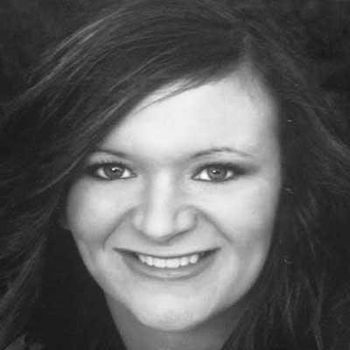Professor compares transgender bathrooms to 1960’s segregation
A professor at the University of Mississippi has compared the bathroom wars to the racial integration struggles of the 1960s as the school grapples with how to make its campus more accessible to transgender students.
In an effort to enact the guidelines spelled out in the Obama administration’s “Dear Colleague Letter,” the school is rolling out a variety of resources to help faculty and staff navigate the transgender debate. Accordingly, faculty will receive campus maps that identify single occupancy bathrooms and changing rooms as a resource for their transgender students, The Daily Mississippian reports.
Additionally, the school is currently in the process of establishing “workplace transition guidelines,” presumably to help faculty and staff walk their peers through a gender change.
Campus Reform reached out to the University regarding the workplace transition guidelines, but the university declined to comment on the subject because the program is still in the development process.
Meanwhile, an LGBTQ Committee is working on identifying potential transgender accessible bathrooms throughout campus to add to the list, though Vice Chancellor for Student Affairs Brandi Lebanc explained that there are already several on UM’s campus.
Lebanc added that the age of UM’s buildings could present some difficulties, saying there may be few gender neutral restrooms in older facilities.
“Due to the age of some of our buildings, there may be limited non-gender restroom access in those facilities,” she said. “Nonetheless, we are happy to work with (and have already done such work) to meet individuals’ needs.”
Professor Gail Stratton, member of the LGBTQ Committee, however, argued that all campus buildings should have restrooms that cater to the transgender community, even comparing the bathroom wars to the plight of African Americans in the 60’s.
“It is very interesting how access to bathrooms speaks volumes about values,” she said. “In our own past in the South, restrooms for African-Americans were often simply not available or separate and certainly not equal.”
She went on to say that the issue is not simply about making accommodations for transgender students, saying the struggle is a great “civil rights issues” in Mississippi.
The school has also hinted at the possibility of establishing segregated housing for transgender students, though there currently is no concrete plan,
“We don’t currently have a transgender floor,” Assistant Vice Chancellor for Student Affair Lionel Maten said. “Students are worked with individually to make sure they’re accommodated and comfortable in an environment.”
Follow this author on Twitter: @morgan_walker95

